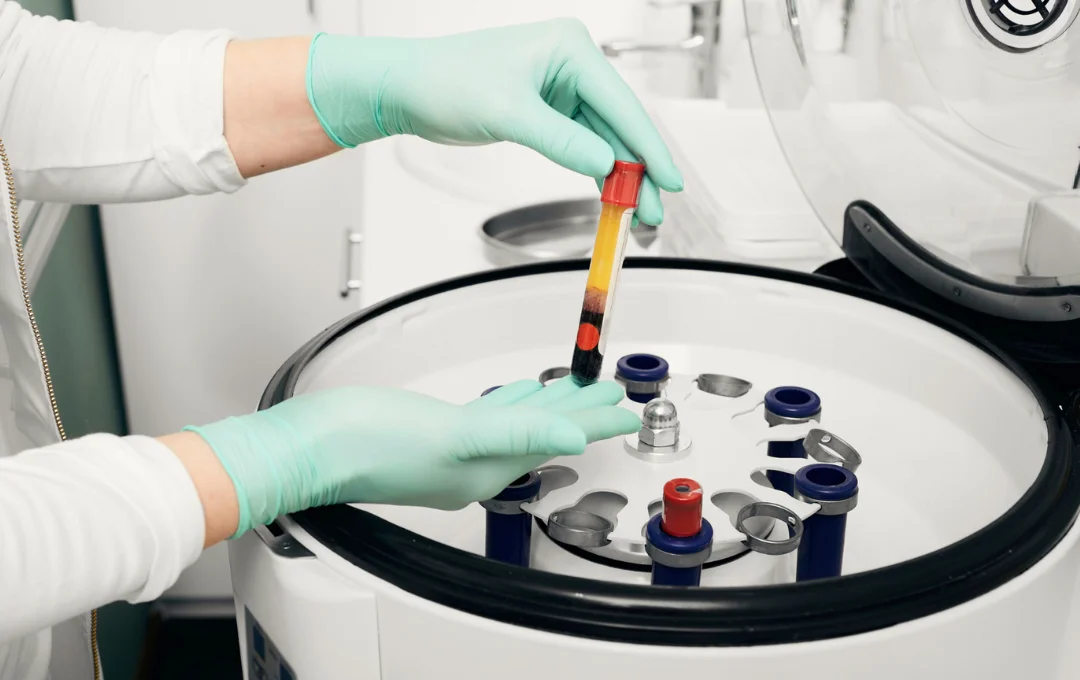Bone marrow transplantation
Get a Free Consultation
Overview
Bone marrow is the soft, spongy tissue inside our bones that develops and stores most of our blood cells. You can replace your damaged or diseased bone marrow with a transplant. Doctors would infuse healthy blood-forming stem cells into your body if your bone marrow stopped producing enough healthy blood cells. Therefore, it is also a stem cell transplant. Stem cells are unique cells that can copy themselves and change into different kinds of cells that your body needs.
You can use cells from your own body or a donor.
Types of transplant
Autologous bone marrow transplant
Stem cells for your bone marrow transplant come from your body to replace the diseased or damaged bone marrow. So, you don’t need to worry about cell incompatibility with a donor. However, your body should produce enough healthy bone marrow cells for you to have this transplant. Doctors can collect, freeze and store your bone marrow cells for you to use later.
You may need high doses of chemotherapy and radiation to cure a disease. However, these treatments damage your bone marrow, and you need a transplant. An autologous bone marrow transplant is helpful to treat your damaged bone marrow.
Allogeneic bone marrow transplant
Doctors use healthy blood stem cells from a donor to replace your diseased or damaged bone marrow. The donor may be a family member, a friend, or someone you don’t know. Doctors can collect blood stem cells from blood, hipbone, or a donated umbilical cord.
You receive high doses of chemotherapy or radiation before having an allogeneic bone marrow transplant. Your doctor destroys diseased cells and prepares your body for the donor cells. Also, this transplant may be an option for people with various diseases.
Why it’s done?
A bone marrow transplant can:
- Treat your bone marrow for conditions such as leukemia, aplastic anemia, and sickle cell anemia
- Replace blood cells damaged or destroyed by intensive cancer treatment (rescue).
- Provide new stem cells that can kill cancer directly.
Following diseases are the focus of bone marrow transplants:
- Leukemias
- Lymphomas
- Severe aplastic anemia
- Multiple myeloma
- Immune deficiency disorders
- Some solid-tumor cancers
- Discuss and thoroughly weigh the risks and benefits with your doctor before the procedure.
Additionally, you will have a medical team if you decide to have a bone marrow transplant. Doctors, nurse coordinators, dietitians, physical therapists, and other personnel will perform and organize your treatment and needs.

How you prepare?
Tests and Procedures Before Bone Marrow Transplant
You will have several tests and procedures to evaluate your overall health and the state of your condition. Doctors have to make sure that you’re physically ready for the transplant. This process can take several days or more.
Moreover, they will implant a long thin tube (intravenous catheter) into a large vein in your neck or chest. The catheter probably will remain in place for the duration of your treatment. Thus, your transplant team will use the catheter to infuse stem cells, medications, and blood products into your body.
Collecting Stem Cells for Autologous Transplant
If you’re using your own cells for the bone marrow transplant, you must have a procedure called apheresis to collect blood stem cells.
Before the procedure, you will receive daily injections to boost stem cell production. So, stem cells will move into your blood circulation for your doctor to collect.
During apheresis, your doctor draws blood from a vein and circulates it through a machine. This machine separates stem cells from your blood to collect and freeze for future use in the bone marrow transplant. The remaining blood returns to your body.
Collecting Stem Cells for Allogeneic Transplant
Your doctor gathers the stem cells from a donor for the bone marrow transplant.
Your transplant team decides whether to take the stem cells from your donor’s blood or bone marrow based on your condition.
Also, another type of allogeneic transplant uses stem cells from the blood of umbilical cords (cord blood transplant). Mothers can donate their umbilical cords after giving birth. Thus, doctors can freeze and store the blood from these cords for a bone marrow transplant.
The Conditioning Process
After completing your tests and procedures, the conditioning process begins.
During conditioning, you’ll have chemotherapy and maybe radiation treatment to:
- Destroy cancer cells in cases of malignancy
- Suppress the immune system
- Prepare your bone marrow for the new stem cells
Factors such as your disease, general health, and the type of transplant you need alter the conditioning process. You may need both or one of these treatments for your conditioning process.
Reduced-intensity Conditioning
You may need a lower dose or different types of chemotherapy or radiation for a conditioning treatment. Doctors recommend this based on your age and medical history.
Reduced-intensity conditioning kills some cancer cells and suppresses the immune system. Then, your doctor infuses the donor’s cells into your body to replace cells in your bone marrow. Also, donor cells will provide the immune factors to fight cancer cells.
What you can expect?
During Bone Marrow Transplant
After completing the conditioning process, you can have a bone marrow transplant. During your transplant, your doctor infuses stem cells into your body through a catheter. The procedure is painless, and you will be completely awake.
After Bone Marrow Transplant
After stem cells enter your body, they travel to your bone marrow through blood. Then, they will multiply and make new, healthy blood cells. Doctors call this process engraftment. You will wait several weeks before the number of blood cells returns to normal.
Also, you will have blood tests and other tests to monitor your condition after a bone marrow transplant. You can manage complications such as nausea and diarrhea with medication.
After a bone marrow transplant, you will be under close medical care. It would be best to remain near the hospital for several weeks to months to allow close monitoring. Also, you may need to stay in the hospital for several days or longer if you have an infection or other complications.
Until your bone marrow starts to produce enough red blood cells and platelets on its own, you may need periodic transfusions.
After a bone marrow transplant, you may be at risk of infection or other complications for months to years. Therefore, you will need regular appointments with your doctor to monitor for late complications.
Results
The main focus of bone marrow transplants is controlling or curing your disease, extending your life, and improving your quality of life.
Some people have few side effects and complications. Others have a lot of medical problems, both short and long-term. The success rate of transplant varies from person to person and may be difficult to predict before treatment.
Don't get discouraged if you have severe side effects or difficulties during the transplant. There are many survivors out there who experienced the same difficulties but had successful transplants in the end. You can return to your everyday life and activities.
Join to our newsletter

Authorized by the Ministry of Health and Tourism in Turkey








